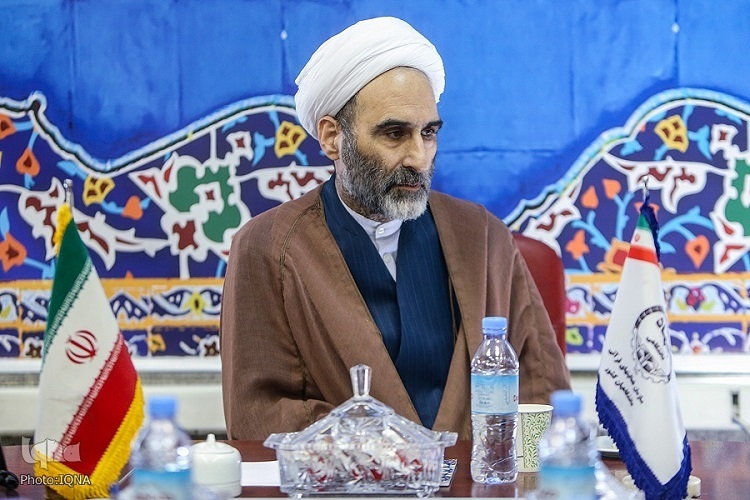Quranic Principles of Justice and Benevolence Key to Environmental Protection: Scholar

Ayatollah Ahmad Moballeghi, a member of Iran’s Assembly of Experts and a scholar of Islamic jurisprudence, made the statements on Tuesday while addressing the International Conference on Environment and Islamic Culture and Civilization in Tehran.
"One of the Quran’s overarching principles that can be applied to environmental issues is the concept of justice and benevolence. The Quran commands humans to uphold justice and benevolence, highlighting their significance," he said.
Referring to the Quranic verse, “Indeed Allah enjoins justice and kindness, and generosity towards relatives, and He forbids indecency, wrongdoing, and aggression. He advises you, so that you may take admonition" (Surah An-Nahl, verse 90), he argued that environmental justice and benevolence are rooted in Islamic teachings.
Read More:
Ayatollah Moballeghi elaborated on the distinction between justice and benevolence, explaining, "Benevolence leads toward a refined and prosperous state, while justice sets the fundamental boundaries of rights and fairness."
He further addressed the concept of environmental justice, stating that it has become an important topic in environmental discourse. "We must approach nature with fairness and ethics," he noted.
Highlighting the importance of a sustainable ecosystem, he stressed, "The mother of all blessings and the foundation of human life is the ecosystem. Without it, life cannot exist. Sustainable development requires maintaining Earth's resources responsibly, which means avoiding excessive pollution, deforestation, and depletion of natural reserves."
Read More:
Quoting Imam Reza (AS), the eighth Shia Imam, he said, "The continuity of blessings depends on justice and benevolence." He argued that these two principles could serve as foundations for Islamic jurisprudence.
"Currently, we lack a formal principle of environmental justice in Islamic law. If such a legal foundation existed, it would require everyone to act justly and fairly toward the environment," he said.
Discussing environmental benevolence, Ayatollah Moballeghi pointed out that while some human actions may not violate clear environmental boundaries, they still lack benevolence. He explained, "For example, poverty contributes to environmental degradation. Therefore, addressing poverty is a step toward environmental protection."
He also linked social well-being to environmental preservation, stating, "A society that embraces benevolence can uphold environmental justice. There are only two solutions to all forms of imbalance: justice and benevolence. Benevolence means addressing economic disparities, practicing responsible fishing, and using land and natural resources cautiously."
Read More:
He concluded by emphasizing that human benevolence contributes to social stability, which in turn protects the environment. "A distressed society is more likely to harm its environment. By fostering benevolence, we can reduce deficiencies and gaps, ultimately aiding in environmental preservation."
Reaffirming his central argument, he stated, "The Quran’s principles are broad and adaptable. Justice and benevolence, as emphasized in its verses, can and must be applied to environmental issues. Without these two principles, environmental conservation is not possible."
4268221



